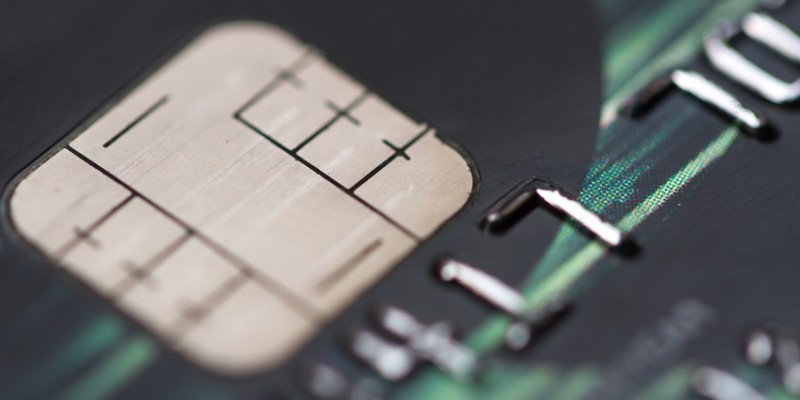How secure are EMV cards?
EMV cards are a great convenience for consumers, and offer greater security, but the cards also introduce a liability risk for accepting fraudulent cards to businesses. This post explains why and what the implications are for a business that accepts EMV cards.
The October, 2015 shift nationwide to chip cards introduced a number of changes in what party is liable for what expenses related to EMV cards. The new liability rules and their exceptions may be summarized as follows:
- Liability for Lost/Stolen Cards – The liability for transactions on stolen cards tends to fall on the card issuer, not the payment processor or the merchant but the rules are complicated.
- Counterfeit Cards – The card issue assumes most of the liability for transactions with a counterfeit card. Magnetic stripe cards that use data stolen from a chip card are the exception. The merchant remains liable for those transactions.
- Cross Border Transactions – The rules governing liability depend on the payment network. Some of them shift responsibility for fraud onto the merchant but the issuer in the country where the transaction originated is usually liable for any fraudulent transactions.
- Fallback Transactions – The card issuer assumes responsibility for fraudulent transactions when the merchant cannot complete a transaction with the chip reader and uses the card’s magnetic stripe. Responsibility shifts to the merchant after a set number of fraudulent fallback transactions.
In short, liability for fraudulent transactions still falls on the card issuer in many cases. Merchants face more financial risk for fraud and counterfeiting that in the days of magnetic stripe cards.
If your small or medium business needs payment processing services contact us to discuss our payment solutions.

